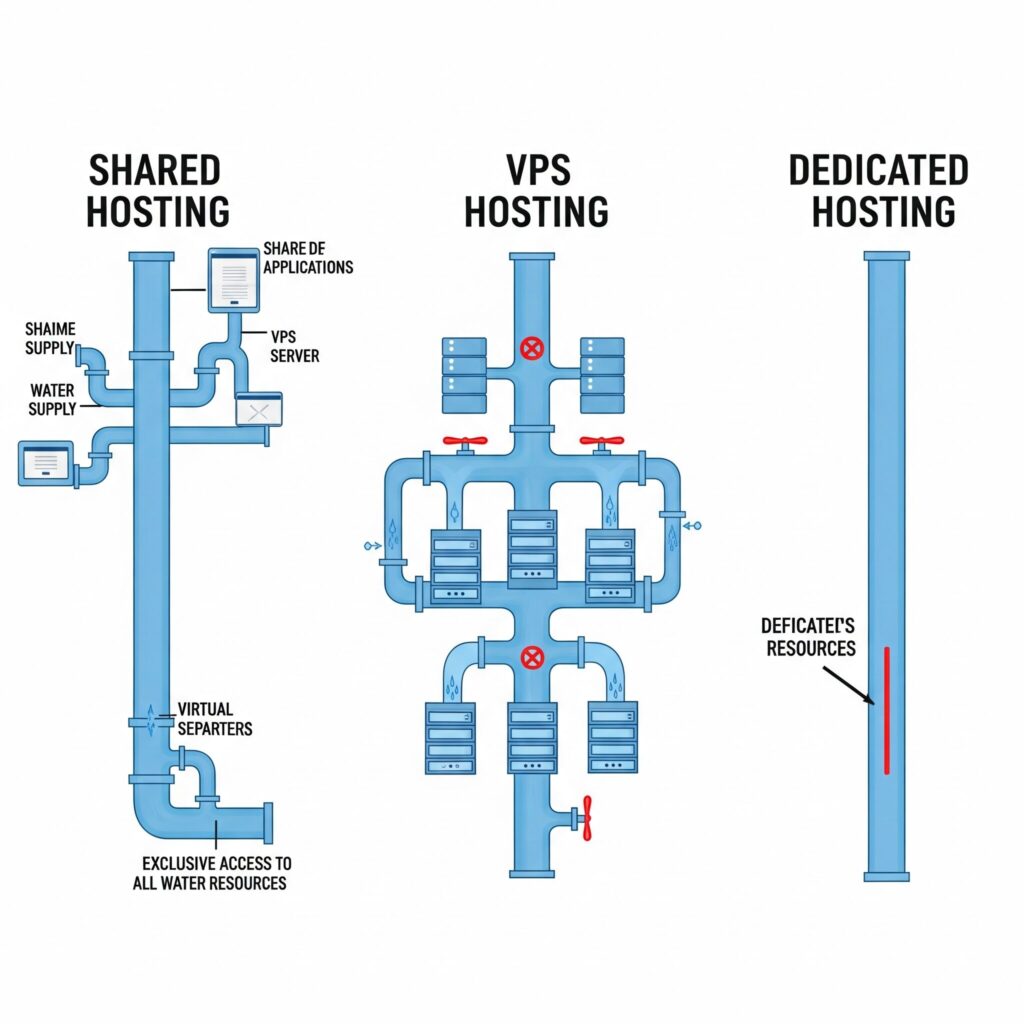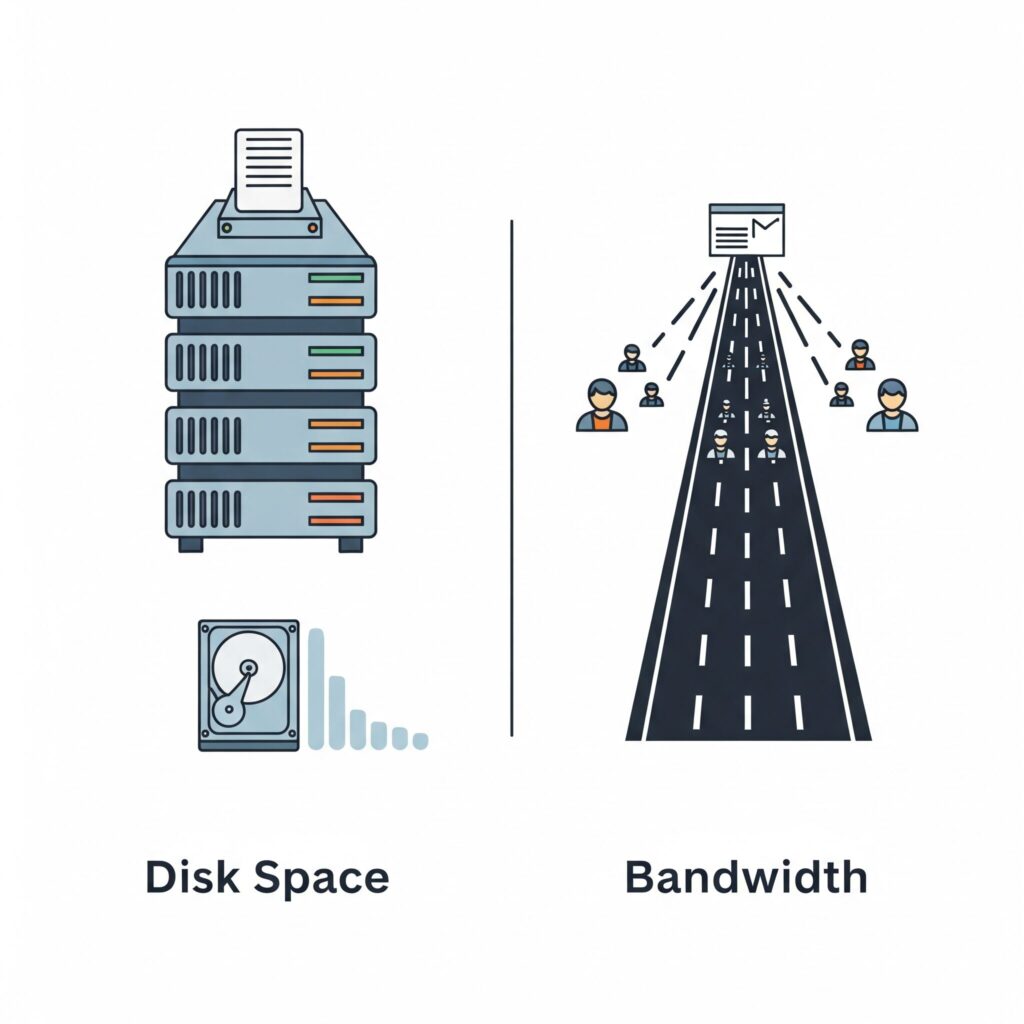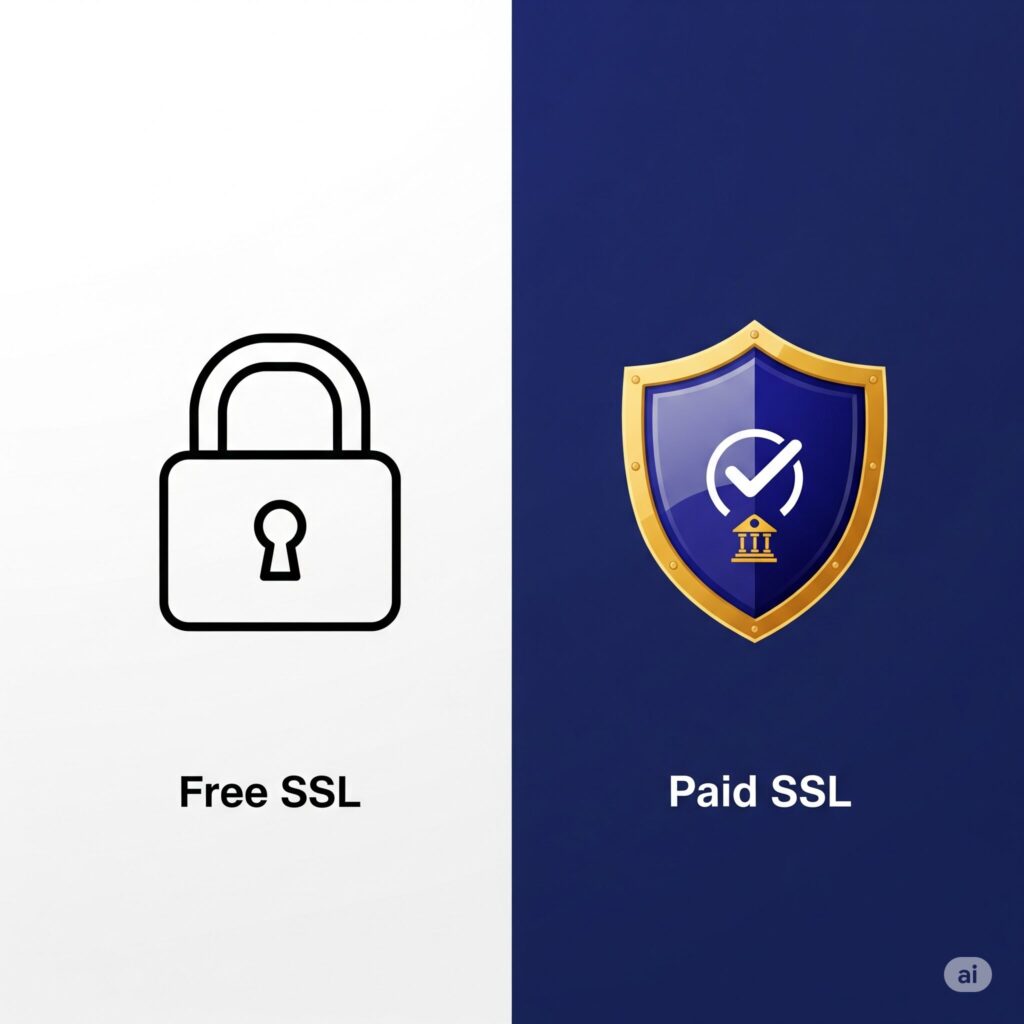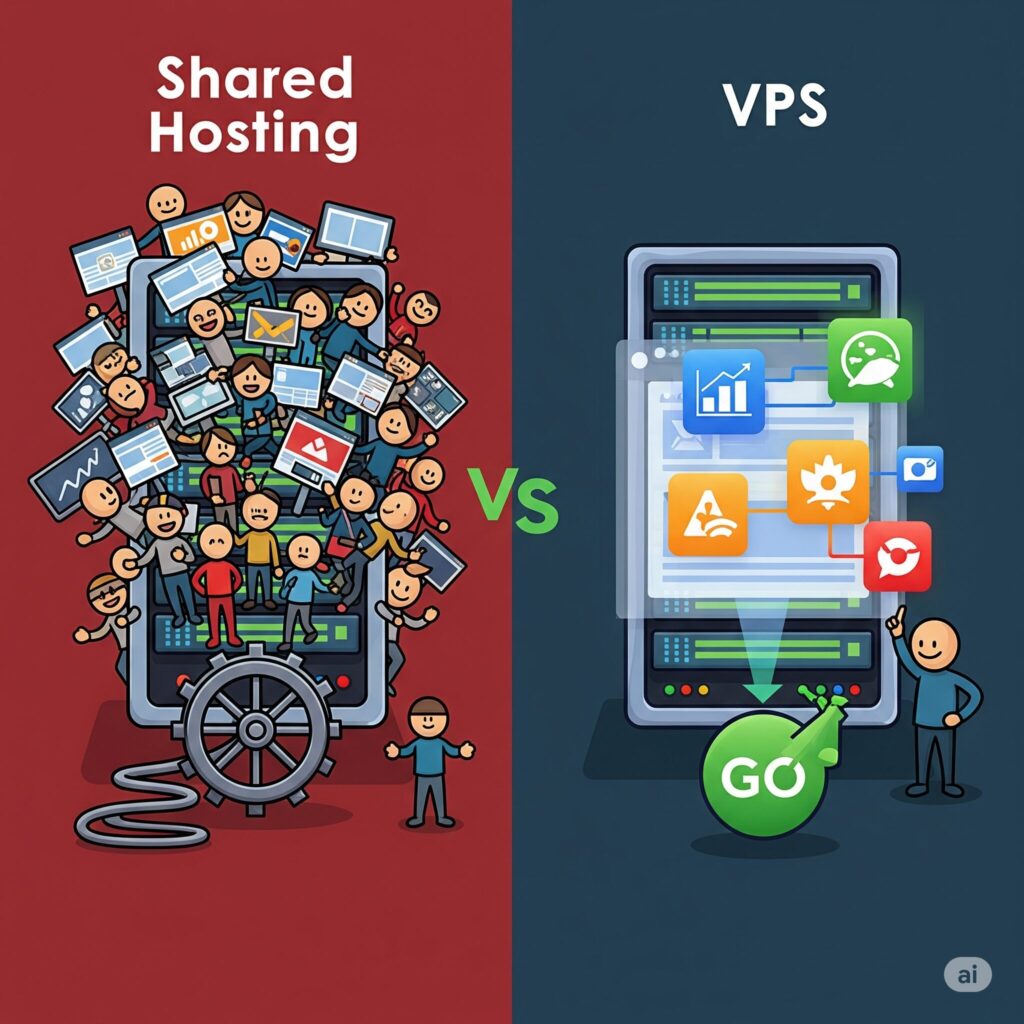Table of Contents
ToggleUnderstanding cPanel vs. Custom Panels: Which is Better for You?
When you sign up for web hosting, the control panel is your command center. It's where you manage everything from your website files and databases to email accounts. The two main players in this space are the industry-standard cPanel and the proprietary custom panels built by hosting companies. Let's explore which one is right for you.
🔵 cPanel: The Industry Standard
cPanel is the most widely used web hosting control panel in the world. Its long history and comprehensive feature set have made it the go-to choice for most shared and VPS hosting providers. Think of it as the "Windows" of web hosting control panels—familiar, powerful, and widely supported.
Pros:
- ✅ Familiar & User-Friendly: Its graphical interface is intuitive, and millions of users already know how to navigate it.
- ✅ Rich in Features: Comes packed with tools for file management, database administration (phpMyAdmin), email setup, domain management, and one-click software installers (Softaculous).
- ✅ Vast Community Support: With countless tutorials, articles, and forums available online, help is never hard to find.
- ✅ Portability: Migrating your website from one cPanel host to another is generally a straightforward process.
Cons:
- ❌ Can Be Overwhelming: The sheer number of features can be intimidating for absolute beginners.
- ❌ Licensing Costs: Hosting providers pay licensing fees for cPanel, which can sometimes be passed on to the customer, making the hosting slightly more expensive.
- ❌ Less Innovation: Being a large, established platform, it can sometimes be slower to adopt new designs or features compared to nimble custom panels.
⚙️ Custom Panels: The Bespoke Solution
Many modern hosting companies (like SiteGround, Kinsta, and Hostinger) have invested in building their own control panels from the ground up. These panels are designed to be streamlined, modern, and perfectly integrated with their specific hosting infrastructure.
Pros:
- ✅ Modern & Streamlined: Custom panels often feature clean, modern user interfaces that are less cluttered and easier to navigate for beginners.
- ✅ Tailored Experience: They are built specifically for the host's environment, often leading to better integration and performance for their unique features.
- ✅ Innovative Features: Hosts can quickly add unique tools and features (like advanced caching or staging environments) that aren't available in cPanel.
- ✅ No Licensing Fees: Hosts don't pay extra licensing fees, which can translate to better pricing for customers.
Cons:
- ❌ Proprietary & Lock-In: Each custom panel is different. If you learn one, that knowledge doesn't transfer to another host. Migration to a different type of panel can also be more complex.
- ❌ Limited Documentation: While the host will provide support, you won't find the same massive volume of third-party tutorials and community help as you would for cPanel.
- ❌ Potentially Fewer Features: Some custom panels might omit advanced features that power users rely on in cPanel.
At-a-Glance Comparison
| Aspect | cPanel | Custom Panel |
|---|---|---|
| Ease of Use | Intuitive, but can be cluttered | Often more streamlined & modern |
| Feature Set | Comprehensive & feature-rich | Varies; can be focused or limited |
| Community Support | Massive | Limited to the host's documentation |
| Portability | High (cPanel to cPanel) | Low (migration can be complex) |
So, Which is Better for You?
➡️ Choose a host with cPanel if you value a feature-rich, standardized environment and want access to a vast amount of online tutorials and community support.
➡️ Choose a host with a Custom Panel if you prefer a modern, streamlined user experience and value innovative features that are tightly integrated with your hosting platform.







